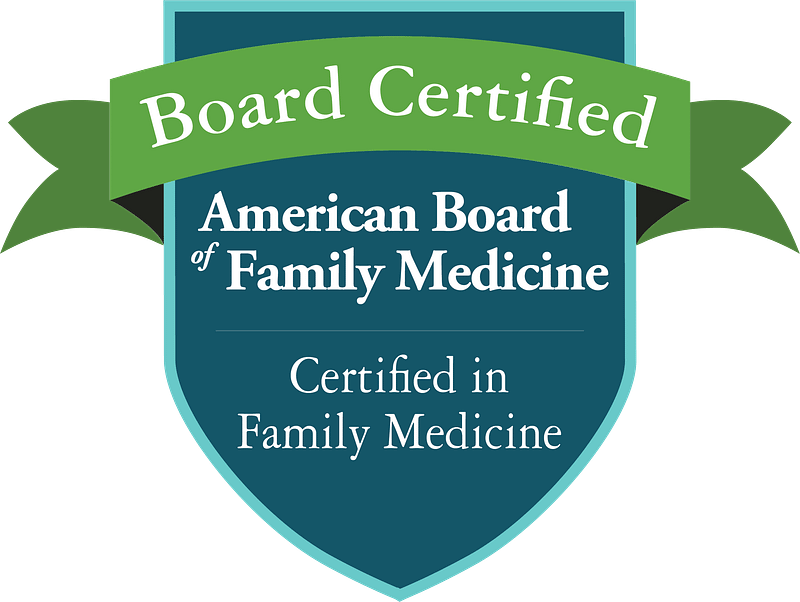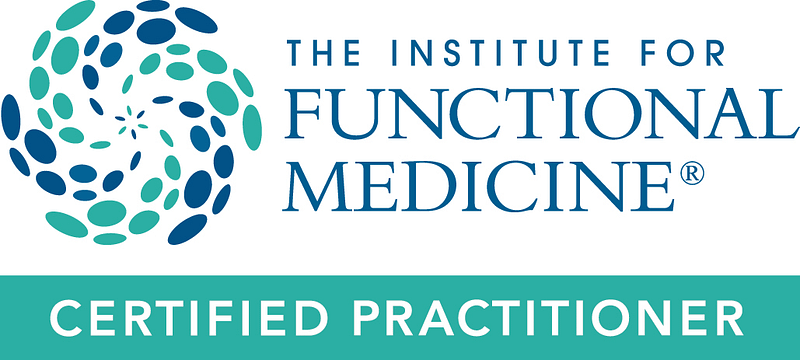Eat Your (Organic) Vegetables

The well-known admonition of mothers to their nutritionally-challenged, dessert-loving children, “Eat your vegetables,” likely still echoes in the psyche of many nutritionally-challenged, dessert-loving adults. Well, guess what? Mom was right. The guys in white lab coats have scientifically confirmed many times over what mothers always knew: vegetables are important for good health. In January […]
Sugar-Coated Health: Anything But Sweet

An Age-Old Problem In 1910, George M. Gould, M. D. of Ithaca, NY wrote the following: “For several years it has been growing clearer to me that many patients do not get well because they live too exclusively on sugary and starchy foods. With greater activity and the resisting power of youth, children exhibit […]
Got Zinc?

Signs and symptoms of zinc deficiency include impaired senses of taste and smell, skin problems, recurrent or chronic infections, hair loss, cracks at the corner of the mouth, hangnails, vertical ridges in fingernails, inflamed cuticles, chronic diarrhea, fatigue, low sperm counts, and delayed sexual maturity in addition to neurological symptoms. Because zinc is […]
Trans Fats: Facts and Fallacies

Trans fats occur naturally in very small amounts in animal meat such as beef, pork, and lamb, and occur in very large amounts as a result of the conversion of vegetable oils into margarine and shortening. To avoid a complicated biochemical definition, suffice it to say that trans fat molecules are straight in shape […]
How to Decrease Cancer Risk

Dr. Wilson and Dr. Wright recently attended the American College for Advancement in Medicine (ACAM) conference titled Cancer: Complementary and Conventional Approaches to Prevention and Treatment. Startling statistics pointed both to the extent of cancer occurrence and to solutions to reduce cancer risk. In 1990, three percent of deaths in the United States […]
The Carb/Mood Trap

Are carbs really comfort food? “Yes,” temporarily, but “no” in the long run. Eating carbs can quickly result in increased serotonin, a neurotransmitter known for its role in depression. Your body associates the resulting “high” with eating carbs, but doesn’t associate carbs with the “low” that occurs a couple of hours later. A carb […]
What Are Carbs?

Carbohydrates consist of starches, called complex carbohydrates, and sugars, called simple carbohydrates. All carbohydrates turn to glucose through the process of digestion. Starches are found in all grains (wheat, rice, corn, rye, oats, barley, spelt), all hot and cold cereals, pasta, white and sweet potatoes, breads, crackers, bagels, etc. Sugar is found in many beverages […]
Prescription Drugs Cause Nutrient Depletion

Many side effects of prescription drugs may not be direct effects of the drug per se, but due instead to nutrient depletion caused by taking the drug over time. Some common classes of drugs are listed below. Refer to Drug-Induced Nutrient Depletion Handbook, by Pelton, et al. for more comprehensive information. Antacids: calcium, […]
Dietary Soy Intake Linked to Nutrient Deficiencies

Soy is recommended by healthcare providers for its ability to modulate the metabolism of estrogen in both sexes, and is commonly used in soy-based infant formulas. Soy, once touted as a perfect, inexpensive protein source, has worked its way into the American diet in a big way and has done so with the […]
Signs and Symptoms of Specific Nutrient Deficiencies

The following nutrient deficiencies are related to the listed signs and symptoms: Fat-soluble Vitamins Vitamin A: Increased susceptibility to cancer, acne, night blindness and other eye problems; impaired maintenance, repair, and healing of skin and mucus membranes; impaired bone and teeth formation; accelerated aging Vitamin D: (Rickets) Bone loss (osteoporosis); low blood calcium; […]
Nutrient Deficiencies Can Result in Serious Health Problems

A tragic reminder of the consequences of nutrient deficiencies occurred in November 2003, when the deaths of three Israeli infants were linked to the use of a Kosher soy-based infant formula manufactured in Germany that was sold as Remedia. Fourteen more infants were treated for problems associated with using the infant formula. Remedia was […]
Two Trials on Low Fat vs. Low Carbohydrate Diets

by John L. Wilson, Jr., M.D. Physicians are often asked about the safety and effectiveness of Low-Carbohydrate diets. The two camps of Low Carbohydrate and Low Fat diets have little common ground on which to stand and seem to be locked in continual debate. Two trials have been done which may help shed […]
Risks and Benefits of Chronic Vegetarian Diet

Nutrients that are at risk for depletion in long term vegetarian diets are iron, Vitamin D, Vitamin B12, selenium, zinc, taurine and Omega 3 oils (due to heavier use of the Omega 6 soy and corn oils in vegetarian diets). Females who had been on a vegetarian diet for greater than 6 years had […]
Fiber Facts

Dietary fiber has become very easy to avoid by those who eat the Standard American Diet (SAD). Processing and refining of foods to satisfy a penchant for “lighter” foods has nearly stripped dietary fiber right out of existence, unless one consciously attempts to include it in their diet It is estimated that the dietary […]
Could Vitamin C be Dangerous?

An article was published recently announcing the results of an in vitro study (one done in a laboratory test tube) suggesting that vitamin C damaged cellular DNA, that genetic messenger of our cells. The report recommended caution in taking vitamin C as a supplement. The clinical supplementation of vitamin C has a long […]
Calcium In Health and Disease, including Dietary Sources

By Connie Wilson, RN Calcium is the most abundant mineral in the body. The average adult has between two and three pounds of calcium in their body, and 99% of that calcium is bound in bones and teeth. The remaining 1% of the total body calcium is in the soft tissues and fluids […]







